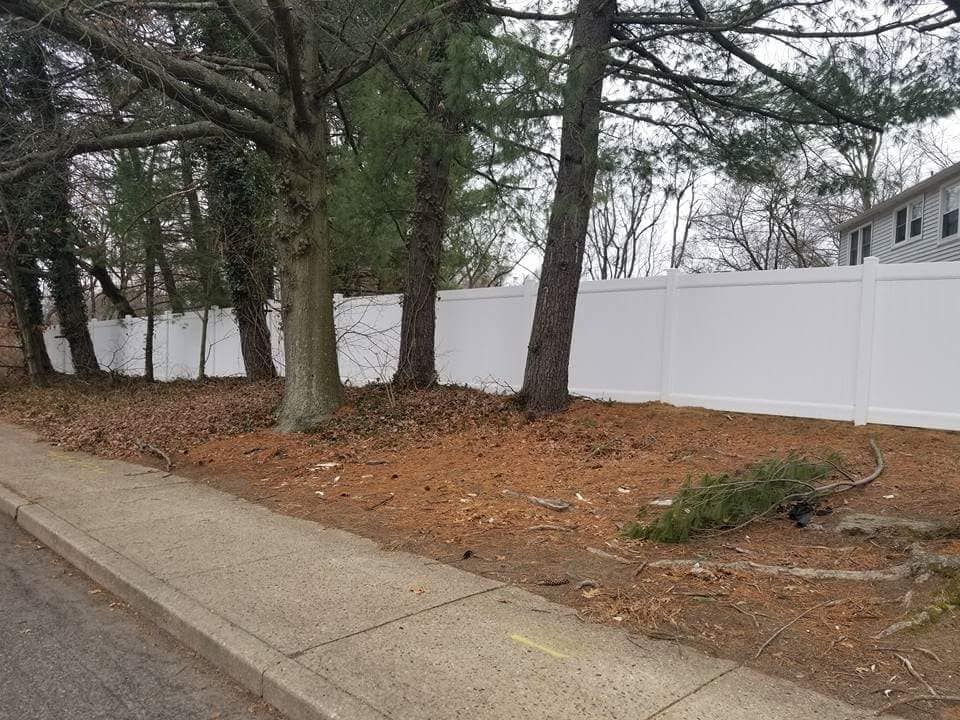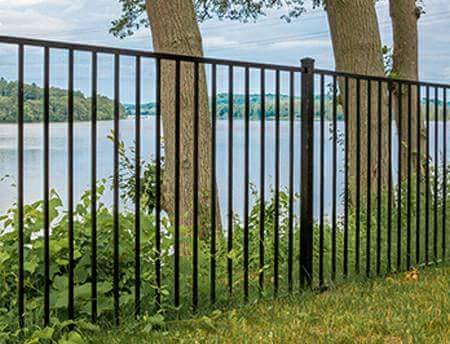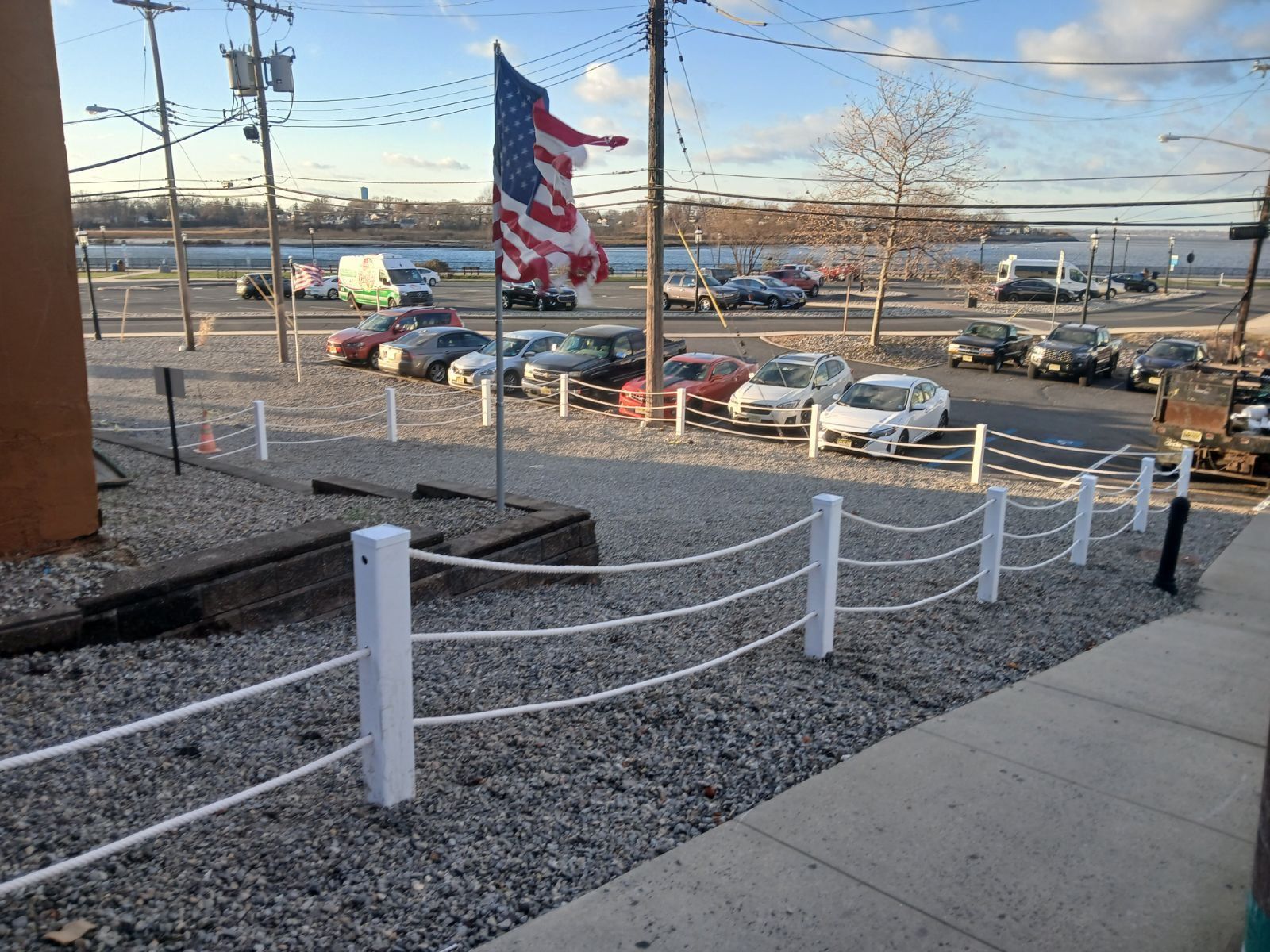When it comes to enhancing privacy and aesthetics, the installation of residential fences is a common choice among homeowners. However, if you're residing in an area governed by a Homeowners Association (HOA), understanding the specific requirements and regulations for fence installation becomes crucial. In Monmouth County, these rules can vary significantly from one community to another. This article will serve as your comprehensive guide to navigating HOA requirements for residential fences in Monmouth County.
Understanding HOA Regulations
What is a Homeowners Association?
A Homeowners Association (HOA) is an organization in a planned community that makes and enforces rules for the properties and their residents. Membership is typically mandatory when purchasing a home within the community.
Why Do HOAs Exist?
HOAs aim to maintain property values by ensuring that all homes adhere to certain aesthetic standards and regulations. They often manage common areas, enforce rules concerning property maintenance, and oversee communal amenities.
Navigating HOA Requirements for Residential Fences in Monmouth County
Importance of Understanding Your HOA's Rules
Before getting excited about fence installation services, it's vital to review your HOA’s guidelines. Violating these rules can lead to fines or even legal action.
Types of Fences Typically Allowed by HOAs
Most HOAs have specific types of fences they allow or disallow. For instance:
- Wood Fencing: Often permitted but may have restrictions on height and color. Vinyl Fencing: Increasingly popular due to its durability; check if it meets aesthetic requirements. Chain Link Fencing: Usually less favored in residential communities.
Make sure to dive into the specifics for your particular HOA.
Researching Your Community’s Requirements
Step-by-Step Approach for Researching HOA Fence Regulations
Refer to Your HOA Handbook: Most associations provide detailed handbooks outlining acceptable fence styles, heights, materials, and colors. Contact Board Members: If you have questions about specific elements not covered in the handbook, don’t hesitate to reach out directly. Attend HOA Meetings: These gatherings can offer insight into any upcoming changes in regulations or community sentiments regarding fencing.Common Restrictions You Might Encounter
- Maximum height restrictions Approved materials Aesthetic guidelines (e.g., color schemes)
Understanding these restrictions can save you time and money down the road.
Selecting the Right Type of Fence for Your Needs
Best Type of Fence for Privacy: An Overview
When considering residential fence installation focused on privacy, several materials stand out:
1. Vinyl Privacy Fence Installation
- Durable Low maintenance
2. Wood Fence Installation
- Offers natural aesthetics Can be customized easily
3. Composite Fence Installation
- Combines wood fibers with plastic for durability Available in various styles
Each option has its pros and cons; choosing one depends on your personal preferences and budget.
Fence Installation Services: Finding Professional Help
Hiring Licensed Fence Contractors
To ensure quality workmanship, always opt for licensed fence contractors who specialize in your desired type of fencing material. They should be familiar with local regulations and HOA policies.

Benefits of Hiring Professionals
- Expertise in fence installation techniques Knowledgeable about local zoning laws Ability to provide accurate fence installation estimates
Understanding The Costs Involved: Fence Installation Cost Breakdown
Here's a general breakdown of costs associated with different types of residential fencing:
| Type of Fence | Estimated Cost per Linear Foot | |------------------------|--------------------------------| | Vinyl | $20-$40 | | Wood | $15-$30 | | Chain Link | $10-$20 | | Aluminum | $25-$35 |
Costs may vary based on location, design complexity, and contractor rates.
Temporary vs Permanent Fencing Solutions
When Should You Consider Temporary Fence Installation?
Temporary fences are ideal when you need short-term solutions—like during home renovations or landscaping projects—but check with your HOA first!
Benefits of Temporary Fencing
- Quick setup Flexibility
However, keep in mind that even temporary solutions must conform to some regulations.
Permanent Solutions: Long-Term Considerations
If you're looking at permanent installations like garden fence installation or security fence installation, ensure that they meet all local ordinances as well as HOA standards.
Key Steps in the Installation Process
Obtaining Necessary Permits Before Fence Installation
Many municipalities require permits before installing any kind of fencing. Check local regulations through Monmouth County's municipal offices or website.
Designing Your Custom Fence Installation Plan
Determine purpose: Is it purely decorative? Functional? Choose materials aligned with both personal taste and HOA guidelines. Draft plans showing dimensions; this may need approval from your HOA board.DIY vs Professional Fence Installers: Making The Choice
While DIY projects can be satisfying, hiring professional fence installers may yield better results—especially if you're unfamiliar with building codes or complex designs.
For instance:
- Do you have experience with tools? Are you prepared for potential obstacles like uneven ground?
These questions will help determine whether a DIY approach is feasible or if it's best left to professionals.
Exploring Various Materials for Fence Construction
1. Wood Fence Installation
Wood remains one of the most popular choices among homeowners due to its versatility and timeless appearance.
Advantages
- Easy customization Natural appearance
Disadvantages
- Requires regular maintenance
2. Vinyl Fence Installation
Vinyl offers durability without compromising aesthetics.
Advantages
- Low maintenance Variety of colors available
Disadvantages
- Higher initial cost
3. Chain Link Fencing
An economical option often used around pools or gardens where visibility is preferred.
Advantages
- Cost-effective
Disadvantages
- Limited privacy
FAQs About Navigating HOA Requirements for Residential Fences
Q1: What should I do if my desired fence style isn't allowed by my HOA?
A1: Consider discussing alternatives with your board members or look into custom options that align better with their guidelines.
Q2: How tall can my fence be according to typical HOA regulations?
A2: Most HOAs restrict fences between 4 to 6 feet high; however, it's best to check your specific guidelines.
Q3: Are there any fees associated with obtaining permission from my HOA?
A3: Some associations do charge fees for processing applications related to exterior modifications like fencing installations.
Q4: Can I install a fence without prior approval from my HOA?
A4: Generally no; installing without approval could result in fines or mandated removal at your expense.
Q5: What happens if I violate my HOA’s fencing regulations?
A5: Consequences can include financial penalties or legal actions taken against you by your association.
Q6: Do I need a permit from local authorities besides the HOA approval?

Conclusion
Installing a residential fence within an area governed by an HOA requires careful navigation through various rules and regulations specific to Monmouth County homeowners' associations. From understanding what types are permissible to considering hiring professional help, every step should align closely with both community standards and personal preferences. Whether you're leaning toward vinyl privacy fence installations or elegant wood fencing options, being informed will empower you throughout your journey towards enhanced privacy and curb appeal at home!
With this guide as your roadmap, you're now equipped with the knowledge needed to make informed decisions about navigating those crucial requirements effectively!
